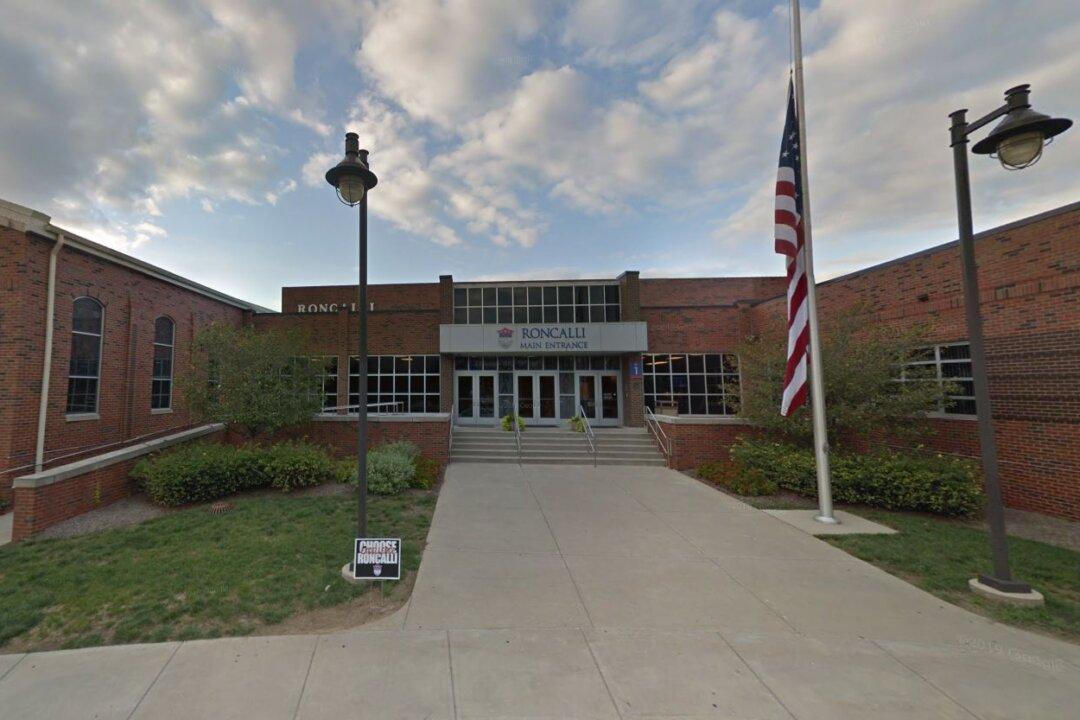A federal appeals court has granted a Catholic high school in Indiana the legal right to fire a guidance counselor because she was in a same-sex marriage.
A three-judge panel for the U.S. 7th Court of Appeals said in a July 13 ruling that Roncalli High School and the Catholic Archdiocese of Indianapolis can refuse to renew Michelle Fitzgerald’s contract for being in a same-sex marriage because it was contrary to the school’s religious mission.





